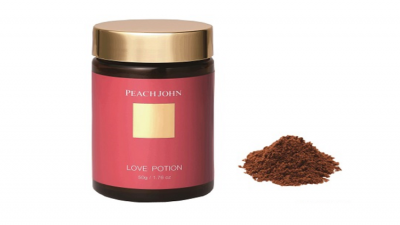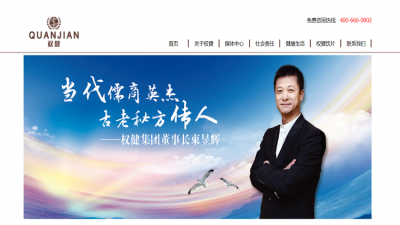China supplement firms under fire for exaggerating product benefits in advertisements

Most of the breaches involved overstating the benefits of the supplements. The products were advertised on newspapers targeting elderly readers and website publishing health related information.
The advertisements which have breached advertising rules promoted fish oil gels, fibre noodles and pine pollen tablets, according to a statement released by Anhui’s Food and Drug Administration.
For instance, Yan Tai New Era Health, which had advertised its pine pollen tablets on the China Health Industry Network website, had exaggerated the product's benefits and suitable-for-use claims.
The advertisement claimed that the product could produce as many as 14 health benefits, which include strengthening digestive functions, prevent cancer and dementia, useful for child development and enhance sexual ability.
The other two advertisements were posted on Anhui Lao Nian Bao, which is a publication targeted at the elderly readers.
Guangzhou Chang Sheng Kang Biotechnology, which had advertised its fish oil gel capsule on the paper in May this year, was found to have exaggerated the product’s benefits and suitable-for-use claims.
Shen Long Health Supplements based in Henan, which also advertised its high fibre noodle product on the same newspaper, was said to have made absolute and exaggerated health claims.
Besides exaggerated claims, the advertisement had also given false information on the product manufacturer. In this case, it stated the manufacturer as a company based in Guangzhou.
Local Anhui authorities said they have alerted the commerce department to conduct further investigations.
Besides Anhui, authorities in different parts of China have been keeping a close watch on advertisement breaches, and regularly publish their investigation reports on the China Food and Drug Administration (CFDA) website.
As of January this year, CFDA has approved 27 types of functional claims for dietary supplements.
The claims include boosting immunity, helping to reduce blood lipid levels, helping to reduce blood pressure, and facilitating bowel movement.
In addition, using superlative terms such as ‘highest grade’, ‘state-of-the-art’, ‘unique’, ‘best’, ‘first choice’, ‘top’, ‘favourite’, or ‘No. 1’ is prohibited.
Measures
Earlier this year, the China Ageing Research Centre cautioned that fake products and health scams have seeped into the elderly supplement market in a blue book titled Survey report on the living conditions of China's urban and rural older persons 2018.
It has thus urged for tighter market regulation and public education.
On the other hand, 40 China food associations have pledged to practice self-regulation to tackle food fraud and inaccurate product advertising earlier this month.
For instance, the associations pledged to constantly detect false advertisements, strengthen legal training, respond to concerns raised by the public, and conducting consumer education.












